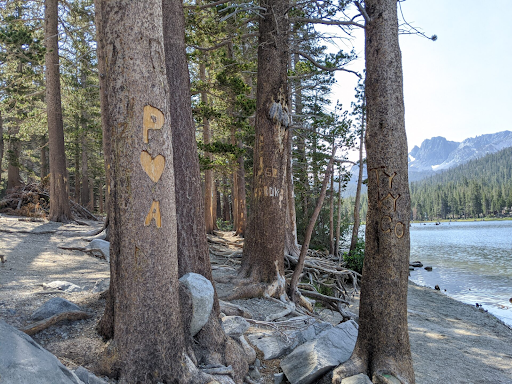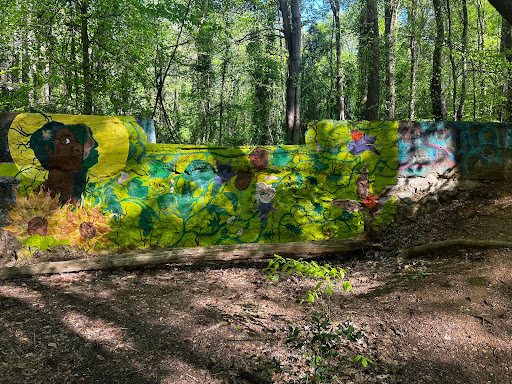For some people, music can be impactful through its lyrics, and others through its melodies; however, delving deeper reveals a common theme — it brings people together.
Music brings out emotion in everyone. It can range from happy to sad, it can make us recall memories, it can spark tears in our eyes. Music is a powerful tool that humans have learned to wield, but why does it have this effect on us?
Kavya Patel, a sophomore at Guilford College, listens to music all day, every day.
“I listen when I wake up, when I’m sleeping, when I’m walking to class, when I’m at the gym, even when I’m at work sometimes,” said Patel.
Patel has a deep relationship with music.
“It showed me the harsh reality of life,” said Patel. He feels especially connected to R&B hits: Tory Lanez, PARTYNEXTDOOR (Jahron Anthony Brathwaite), Chris Brown and Brent Faiyaz.
“They talk about their personal life throughout their music, they talk about what they’re going through,” Patel said, “and sometimes I can connect to the things that they’re going through as well.”
A lot of it has to do with the lyrics and the flow of the song. The lyrics of a song are often emotional parts of a singer’s life, and sharing those with the public instinctively creates a bond with others.
“It just really shows you how artists can put their vulnerabilities in their music, that they also go through stuff too, and that they’re human and have their troubles as well,” said Jaelle Garvin, a junior in Guilford’s early college program.
Garvin went even further to specify that the “Lemonade” album by Beyoncé had changed her life.
“Even if I don’t exactly resonate with the album, I can still feel the testimony she had and just how powerful it was for her to demonstrate her emotions and be vulnerable,” said Garvin. “The artistry was amazing, and the emotions in the album just speak volumes.”
Even when artists write songs about personal experiences that the listeners haven’t had, the feelings are still able to be felt because of how humans react to musical expression.
However, music doesn’t just connect the artist to the listeners, it can also bridge cultures and establish relationships between previous strangers.
Maya Mather, a junior at the Early College at Guilford, said that she had been particularly inspired by Bad Bunny, a Puerto Rican rapper and singer, in the summer of 2022.
Mather attended a church internship that summer with a friend. While she had heard Bad Bunny and other Spanish music before, she hadn’t really been impacted by it on a personal level. That changed that summer.
“My friend spoke Spanish and loves Bad Bunny, and while I don’t speak much Spanish, I really enjoyed his music even when I don’t fully understand all the words,” Mather said. “His music gave us something to connect over, and she went on to become one of my closest friends.”
For Mather, it was less about the lyrics of the music and the actual meaning the artist intended for the song, and more about the melody and who she shared her music with.
“The feel of the music is so happy,” said Mather, and in particular to Bad Bunny’s “Tití me Preguntó.” “I don’t speak Spanish, so for a while I really didn’t understand the lyrics, but I have always loved the melody and sound of it.”
Ultimately, music can have far-reaching effects and impacts through its lyrics, melodies and the environment it’s played in. Music is an amazing gift for humans to be able to create, improve, and innovate for future generations to enjoy — something Patel and Mather agree strongly about.







